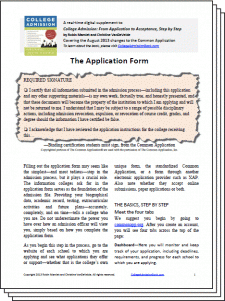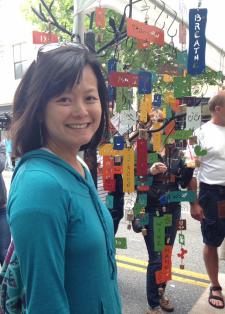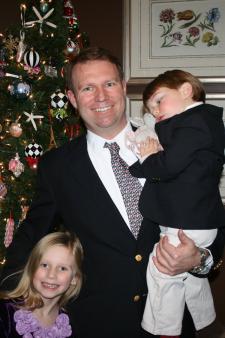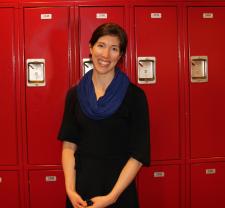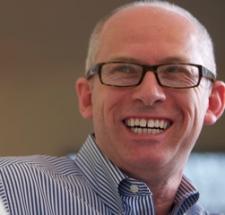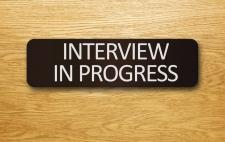Seniors, over the next weeks, you may be doing interviews at the colleges or, over the holidays, with local alumni. Remember, the interview is a conversation, not a test. But you should prepare. It is likely that at some point in any interview, you will be asked if you have any questions and the general rule is to ask questions that cannot be answered via advance homework -- for example, by perusing the FAQs page of the college's website. Here are some ideas for questions that you may want to ask:
What kinds of students are most successful at College X?
What do you like about College X?
Most colleges have a specific personality that goes beyond its academic offerings. How would you describe College X's personality?
Is there a type of student who is smart and well prepared but who would be happier at a different kind of place? Why or why not?
And, in addition, for alumni:
Why did you choose College X and what did you like about it? What would you have changed if you could have? What surprises did you experience? How has the campus changed?
